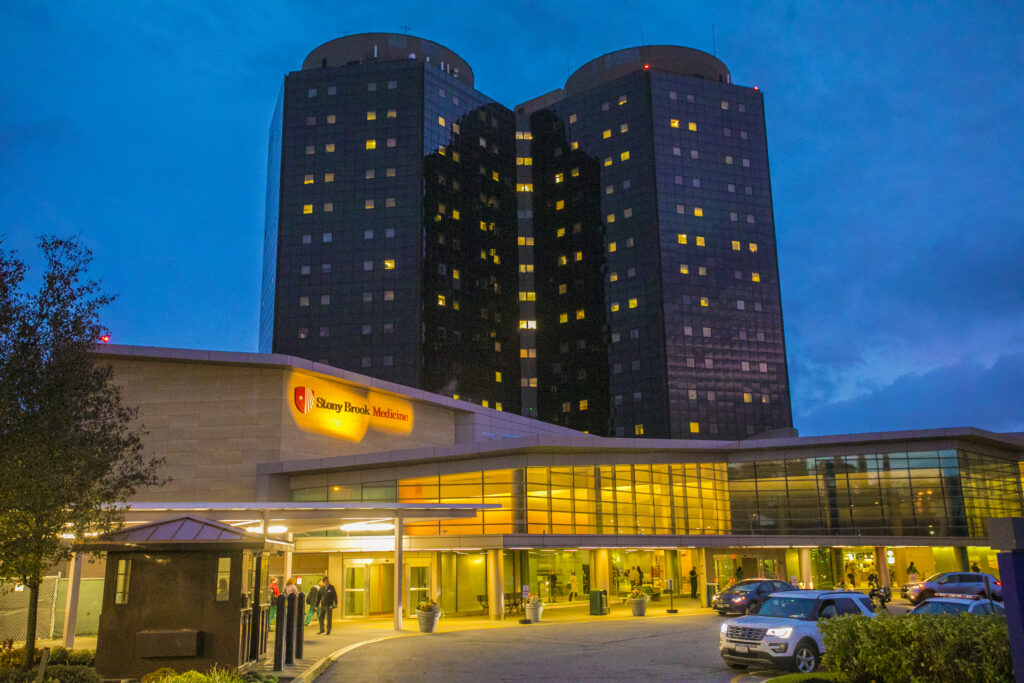The Stony Brook Heart Institute expands its advanced treatment options for hypertension sufferers. The Heart Institute is among the first in the USA to perform ultrasound renal denervation. It is a minimally invasive technique to treat high blood pressure for those with resistant hypertension. The latter is when the patient’s elevated blood pressure does not respond to lifestyle changes combined with medications.
Dr. John Reilly, the principal investigator at Stony Brook Medicine for the technology used in the procedure said:
“Our first renal denervation patient had been treated for high blood pressure for many years and was looking to reduce the number of medications as well as the side effects.The procedure, lasting about 75 minutes, went smoothly and I’m happy to report that the patient went home the very same day.”
Renal denervation has been first approved to be used in the USA on November 7, 2023. It involves applying ultrasound energy in the renal artery to ablate the nerves that run just outside the artery. This ablation interrupts the nerves communicating between the kidneys and central nervous system. This in turn brings the blood pressure under better control.
Stony Brook University Hospital was one of the few centers nationwide to have participated in the RADIANCE CAP trial. The trial demonstrated the safety and effectiveness prior to FDA approval.
Dr. Robert Pyo, Director of Interventional Cardiology at Stony Brook University, said:
“Durable and effective therapy for hypertension that may reduce the need for life-long treatment with medications is a milestone in the treatment of this disease,” said “In the hands of our expert Heart Institute team — everyone from our cardiac researchers, imagers and interventional cardiologists — we are continuously seeking the most innovative solutions for our patients.”
What is renal denervation?
Renal denervation involves the disruption of renal sympathetic nerves, which play a significant role in blood pressure regulation. These nerves are located in the walls of the renal arteries. Their ablation is thought to decrease sympathetic outflow, thereby reducing blood pressure.
The technique typically uses catheter-based interventions, such as radiofrequency ablation or ultrasound, to target and ablate the renal nerves. The safety and efficacy of renal denervation have been demonstrated in several clinical trials. Most patients experiencing a significant reduction in blood pressure without serious adverse events. Long-term follow-up studies included the Global SYMPLICITY Registry. It has shown sustained blood pressure reductions over periods extending up to three years. This indicates the potential for lasting benefits of the procedure.
Patient selection is crucial for the success of RDN, with the best candidates being those with severe primary hypertension, regardless of medication adherence or degree of renal dysfunction, and with accessible renal arteries for the procedure.






